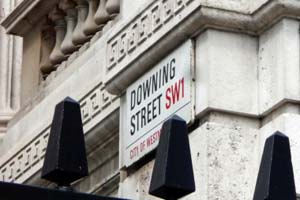The NHS will be a major factor in the general election next month. Although it is somewhat overshadowed by the UK’s exit from the EU, voters still place the NHS high on their list of priorities. At time of going to press, the manifestos have not yet been published, but Pulse looks at what we can expect from the main parties.
The Conservative Party

conservative party tree 330x330px
Prime Minister Theresa May says the NHS must be self-sufficient through ‘homegrown’ doctors. All newly qualified doctors will be forced to work for the NHS for at least four years under Conservative plans.
Before the 2015 election, the Conservatives pledged to increase the GP workforce by 5,000 by 2020. Since then, they have said they will train 1,500 more doctors every year from September 2018, increasing the number of medical school places by up to a quarter.
Ms May is pledging ‘to continue record investment in the NHS’, with an additional £10bn by 2020, and a particular focus on mental health.
The party is promising a maximum four-week wait from GP referral to cancer diagnosis or all-clear, and Ofsted-style cancer ratings for CCGs, to help save an additional ‘30,000 lives a year’.
The Labour Party
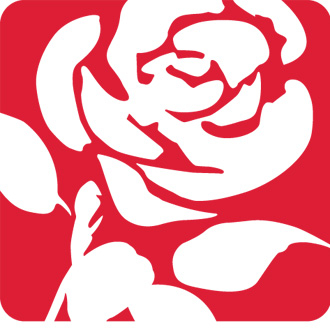
labour rose 330x330px
Labour says the Government’s cap on NHS pay is unsustainable and has suggested that GPs will no longer be restricted to 1% pay rises.
The party promises to reinstate the NHS student nurse bursary scrapped by the Government and would invest in the NHS and social care, to boost patient dignity and ensure parity between mental and physical health. It also plans to halt NHS privatisation to provide a ‘comprehensive national service which is free at the point of use’.
Leader Jeremy Corbyn wants ‘joined-up services from home to hospital’, within a fully integrated health and social care system. He plans to increase carers’ allowance for about one million people by 2020/21.
Liberal Democrats
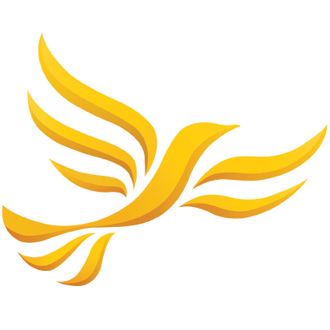
liberal democrats logo 330x330px
Leader Tim Farron wants to introduce a ‘strategic small surgeries fund’ to support small GP surgeries, especially in rural areas. He has said he would raise taxes to fund the NHS.
The Liberal Democrats say an independent cross-party commission should be set up to examine how the NHS can be funded to meet future patient demand, while Mr Farron is emphasising health and social care integration, using regions where this is done successfully as beacons of good practice.
The party supports the introduction of a regulated cannabis market in the UK and says there is a ‘growing body of evidence which shows that legalising and regulating cannabis delivers significant benefits to public health as well as reducing harms in the criminal justice system’.
The Scottish National Party
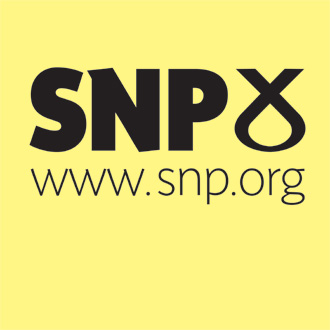
snp logo 330x330px
Leader Nicola Sturgeon insists that the NHS must remain a ‘publicly funded service, free at the point of use’. The party says it would ensure that the NHS revenue budget for Scotland rises by £500m more than inflation per year, giving a total rise of about £2bn by the end of the next Parliament.
Plaid Cymru
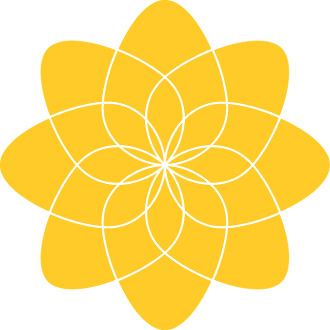
plaid poppy 330x330px
The party is arguing for the creation of three diagnostic centres in Wales, so testing and diagnosis of cancer take place within 28 days.
It wants 1,000 extra GPs and hospital doctors, plus 5,000 extra nurses by 2021 compared with 2016, partly through investment in medical education and training. Plaid Cymru has also pledged to invest in care homes to reduce hospital admissions.
UKIP
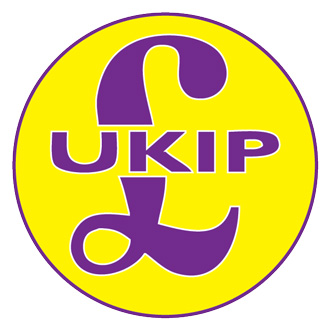
ukip logo 330x330px
UKIP opposes ‘health tourism’ and cuts to staffing involving frontline doctors, dentists and nurses, but wants to reduce the number of NHS managers and executives.
The party says it would scrap hospital car parking charges, which it calls a ‘tax on the sick,’ and has pledged to ‘put local communities at the heart of healthcare’. It has also suggested GPs could conduct regular checks on girls for FGM.
The Green Party
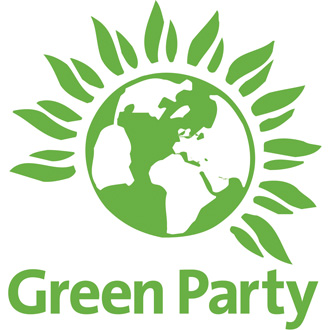
green party of england and wales 330x330px
‘Taking the profit motive out of healthcare’ is a priority for the Greens, who believe competition has ‘poisoned’ the NHS and that privatisation is ‘eroding it bit by bit’.
The party wants to repeal the Health and Social Care Act 2012 and says private companies should not be allowed to run services such as GP surgeries, mental health centres or ambulance trusts. It wants to allocate greater resources to mental health care.
Sinn Fein
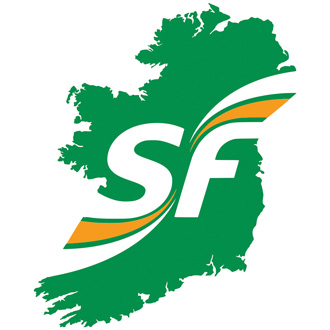
sinn fein logo 330x330px
Sinn Fein is pushing for an all-Ireland national health service in which healthcare would be available free for all at the point of need. Leader Michelle O’Neill insists Northern Ireland must be ‘defended’ from cuts made in Westminster.
‘People in Belfast, Dublin, Derry or Cork should have the same access to health services,’ she said.
The Democratic Unionist Party
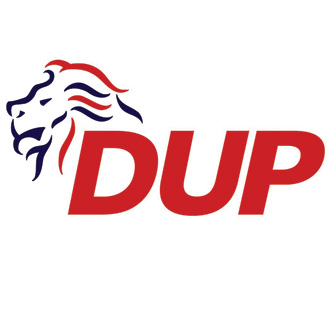
democratic unionist party 330x330px
The DUP promises to have 110 GPs a year in training by 2020 and supports the development of GP federations.
The party says it would back the rollout of a scheme to improve access to physiotherapy across Northern Ireland, and develop a new electronic health and care records system for country. It plans to appoint ‘mental health champions’ and examine new models of care for managing chronic conditions in the elderly.
Pulse October survey
Take our July 2025 survey to potentially win £1.000 worth of tokens



